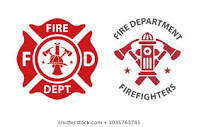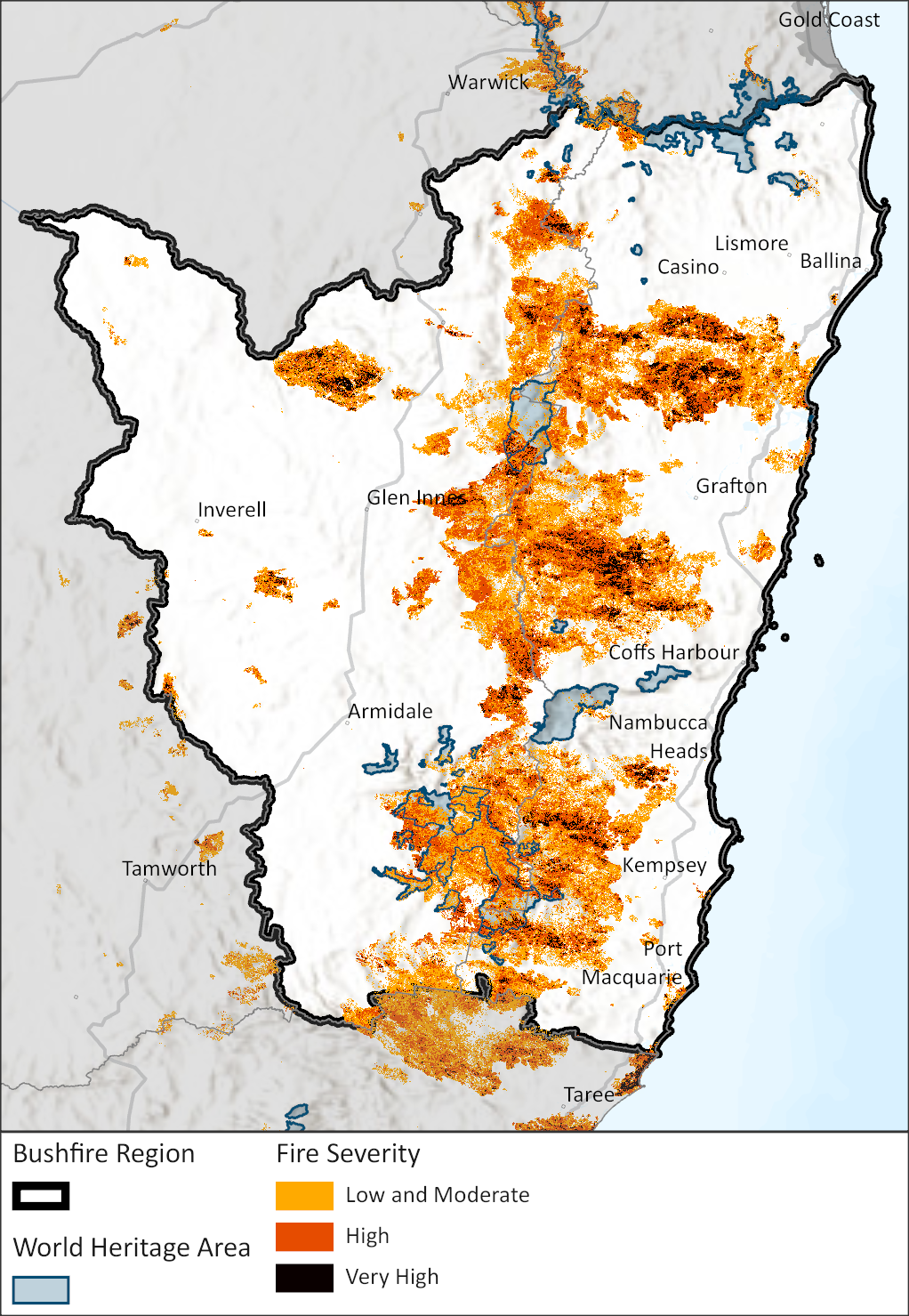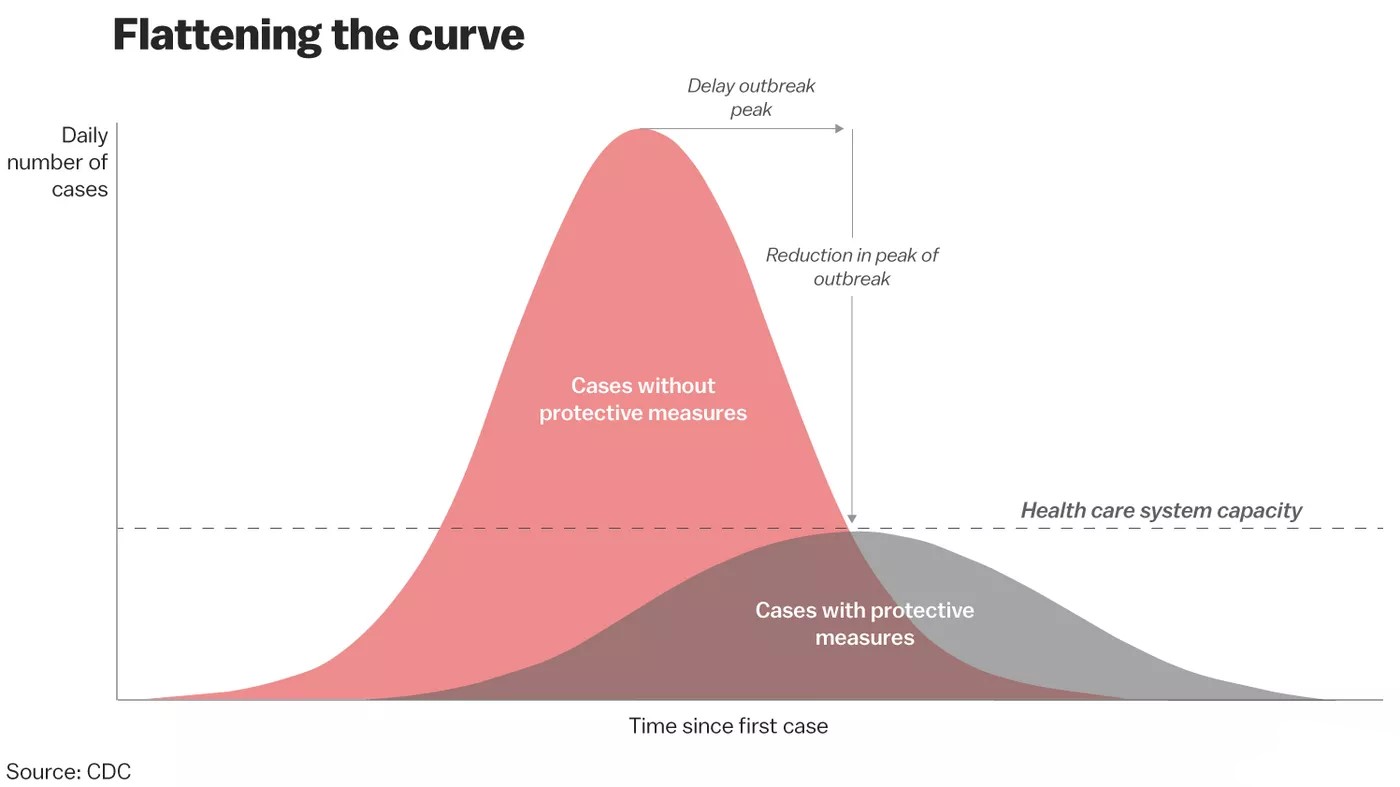Link In SMS Sample
Enter your SMS number, Choose your sample content and press SEND.
Your SMS:
Your linked content:

Hello Alice,
This comming weekend is our big sale, please come and visit us at our closest store at Dandenong plaza this weekend between 8am and 9pm Saturday and Sunday!
Here's just some of our bargins


Your SMS:
Your linked content:
 ALERT FROM ACME SYSTEM MONITOR
ALERT FROM ACME SYSTEM MONITOR
Error reported by windows server KV654.
Details: IIS worker process crashed with error 762000e at 16:45.
Please login and check current system status.
Your SMS:
Your linked content:

Dear Mr Smith.
A fire is currently burining in your area.
There is no imediate danger, but please read the following instructions and prepare your property.
PREPARE YOUR HOME AND GET READY
THE TOP 5 ACTIONS TO MAKE YOUR HOME SAFER
1. TRIM
Trim overhanging trees and shrubs. This can stop the fire spreading to your home.
2. MOW Mow grass and removethe cuttings. Have a cleared area around your home.
3. REMOVE Remove material that can burn around your home (e.g. Door mats, wood piles, mulch, leaves, paint, outdoor furniture).
4. CLEAR Clear and remove all the debris and leaves from the gutters surrounding your home. Burning embers can set your home on fire
5. PREPARE Prepare a sturdy hose or hoses that will reach all around your home. Make sure you’ve got a reliable source of water.
KEEP INFORMED
In a bush fire, it’s important that you stay up to date on conditions in your area. The NSW Rural Fire Service strongly advises saving these numbers, links and apps now
In an emergency call Triple Zero (000)
For information on bush fires:
Call the Bush Fire Information Line 1800 NSW RFS (1800 679 737)
Visit the websites:
NSW Rural FireService Website:rfs.nsw.gov.au
Fire Danger Ratings:rfs.nsw.gov.au/fdr
Install the 'Fires Near Me' Free smartphone app.
Follow the new via:
Local radio,
local ABC/emergencybroadcaster frequency,
TV,
newspapers
Use facebook or twitter:
facebook.com/nswrfs
twitter.com/nswrfs
Fire Map

Your SMS:
Your linked content:

Novel coronavirus (COVID-19)
Content from Australian Govenment Department of Health
What you need to know
If you are a traveller from mainland China or Iran, or think you may have been in close contact with a confirmed case of coronavirus, special restrictions apply to you. You must isolate yourself, which means you stay at home and do not attend public places, including work, school, childcare or university. For the latest advice on who needs to isolate, go to www.health.gov.au
While coronavirus is of concern, it is important to remember that most people displaying symptoms such as fever, cough, sore throat or tiredness are likely suffering with a cold or other respiratory illness—not coronavirus.
What is a coronavirus and COVID-19?
Coronaviruses can make humans and animals sick. Some coronaviruses can cause illness similar to the common cold and others can cause more serious diseases, including Severe Acute Respiratory Syndrome (SARS) and Middle East respiratory syndrome (MERS). This new coronavirus originated in Hubei Province, China and the disease outbreak is named COVID-19.
How is this coronavirus spread?
The coronavirus is most likely to spread from person-to-person through:
- direct close contact with a person while they are infectious
- close contact with a person with a confirmed infection who coughs or sneezes, or
- touching objects or surfaces (such as door handles or tables) contaminated from a cough or sneeze from a person with a confirmed infection, and then touching your mouth or face.
Most infections are only transmitted by people when they have symptoms. These can include fever, a cough, sore throat, tiredness and shortness of breath.
How can we help prevent the spread of coronavirus?
Practising good hand and sneeze/cough hygiene is the best defence against most viruses. You should:
- wash your hands frequently with soap and water, before and after eating, and after going to the toilet
- cover your cough and sneeze, dispose of tissues, and use alcohol-based hand sanitiser
- and if unwell, avoid contact with others (touching, kissing, hugging, and other intimate contact.
Who needs to isolate?
To help limit the spread of coronavirus, you must isolate yourself in the following circumstances:
- If you have left, or transited through, mainland China in the last 14 days you must isolate yourself for 14 days from the date of leaving mainland China.
- If you have left, or transited through Iran on or after 1 March, you must isolate yourself until 14 days after leaving Iran.
- If you have been in close contact with a confirmed case of coronavirus, you must isolate yourself for 14 days from the date of last contact with the confirmed case.

What does isolate in your home mean?
People who must isolate need to stay at home and must not attend public places, in particular work, school, childcare or university. Only people who usually live in the household should be in the home.
Do not allow visitors into the home. Where possible, get others such as friends or family who are not required to be isolated to get food or other necessities for you. If you must leave the home, such as to seek medical care, wear a mask if you have one. For more information visit https://www.health.gov.au/resources/collections/novel-coronavirus-2019-ncov-resources
What do I do if I develop symptoms?
If you develop symptoms (fever, a cough, sore throat, tiredness or shortness of breath) within 14 days of leaving mainland China or Iran, or within 14 days of last contact of a confirmed case, you should arrange to see your doctor for urgent assessment.
You should telephone the health clinic or hospital before you arrive and tell them your travel history or that you may have been in contact with a potential case of coronavirus. You must remain isolated either in your home or a healthcare setting until public health authorities inform you it is safe for you to return to your usual activities.
Who is most at risk of a serious illness?
Some people who are infected may not get sick at all, some will get mild symptoms from which they will recover easily, and others may become very ill, very quickly. From previous experience with other coronaviruses, the people at most risk of serious infection are:
- people with compromised immune systems, such as people with cancer
- elderly people
- Aboriginal and Torres Strait Islander people
- very young children and babies, and
- people with diagnosed chronic medical conditions.
How is the virus treated?
There is no specific treatment for coronaviruses. Antibiotics are not effective against viruses. Most of the symptoms can be treated with supportive medical care.
Should I wear a face mask?
You do not need to wear a mask if you are healthy. While the use of masks can help to prevent transmission of disease from infected patients to others, masks are not currently recommended for use by healthy members of the public for the prevention of infections like coronavirus.
More information
For the latest advice, information and resources, go to www.health.gov.au
Call the National Coronavirus Health Information Line on 1800 020 080. It operates 24 hours a day, seven days a week. If you require translating or interpreting services, call 131 450.
The phone number of your state or territory public health agency is available at www.health.gov.au/state-territory-contacts
If you have concerns about your health, speak to your doctor.